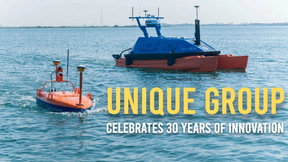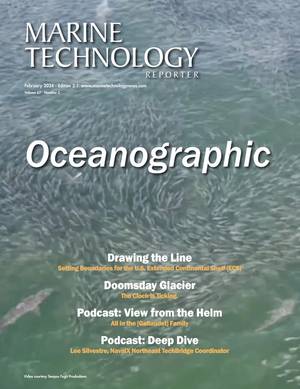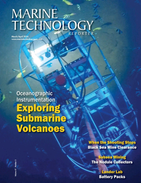Senator Advocates MPA for Antarctica
In order to advance marine protection and scientific research in one of the last great ocean wilderness areas on the planet, the United States submitted a proposal to the Commission for the Conservation of Antarctic Marine Living Resources (CCAMLR) on September 7 to establish a marine protected area (MPA) in the Ross Sea Region of Antarctica. U.S. Secretary of State John Kerry Monday urged creation of what would be the world’s largest marine reserve in Antarctica and better safeguards for all oceans. Kerry and New Zealand’s Ambassador to the United States, Michael Moore, announced a joint U.S.-New Zealand proposal to establish a Marine Protected Area in the Ross Sea, a 1.9 million-square-mile area off the Antarctic coast. The proposed marine protected area would cover roughly 876,000 square miles, an area larger than Alaska. “When it comes to the Ross Sea and Antarctica, we’re not going to wait for a crisis before we take action,” Kerry told a reception at the National Geographic Society for a screening of the award-winning documentary “The Last Ocean,” about the Ross Sea by New Zealand filmmaker Peter Young. A marine protected area is a region of the ocean in which human activities are more strictly regulated than in the surrounding waters, similar to a national park on land. MPAs are designated and managed through legal means with the goals of achieving long- term conservation of habitat, providing refuges for different species, and even provide safe havens for cultural and historical sites. MPAs protect biodiversity and buffer habitats from the impacts of human activities and allow impacted areas the time to recover. “The entire system is interdependent, and we toy with that at our peril,” Kerry warned urging greater protection for all the world’s oceans. “This is not just an environmental issue,” he said. “This is a security issue. It’s an economic security issue. It’s a national security issue. And it is in many ways a challenge with respect to energy security and our approach to energy policy, and ultimately it is a challenge to our commitment to science and facts and ultimately our basic sense of faith and what we believe in and our responsibility as human beings on this planet.”













 February 2024
February 2024



